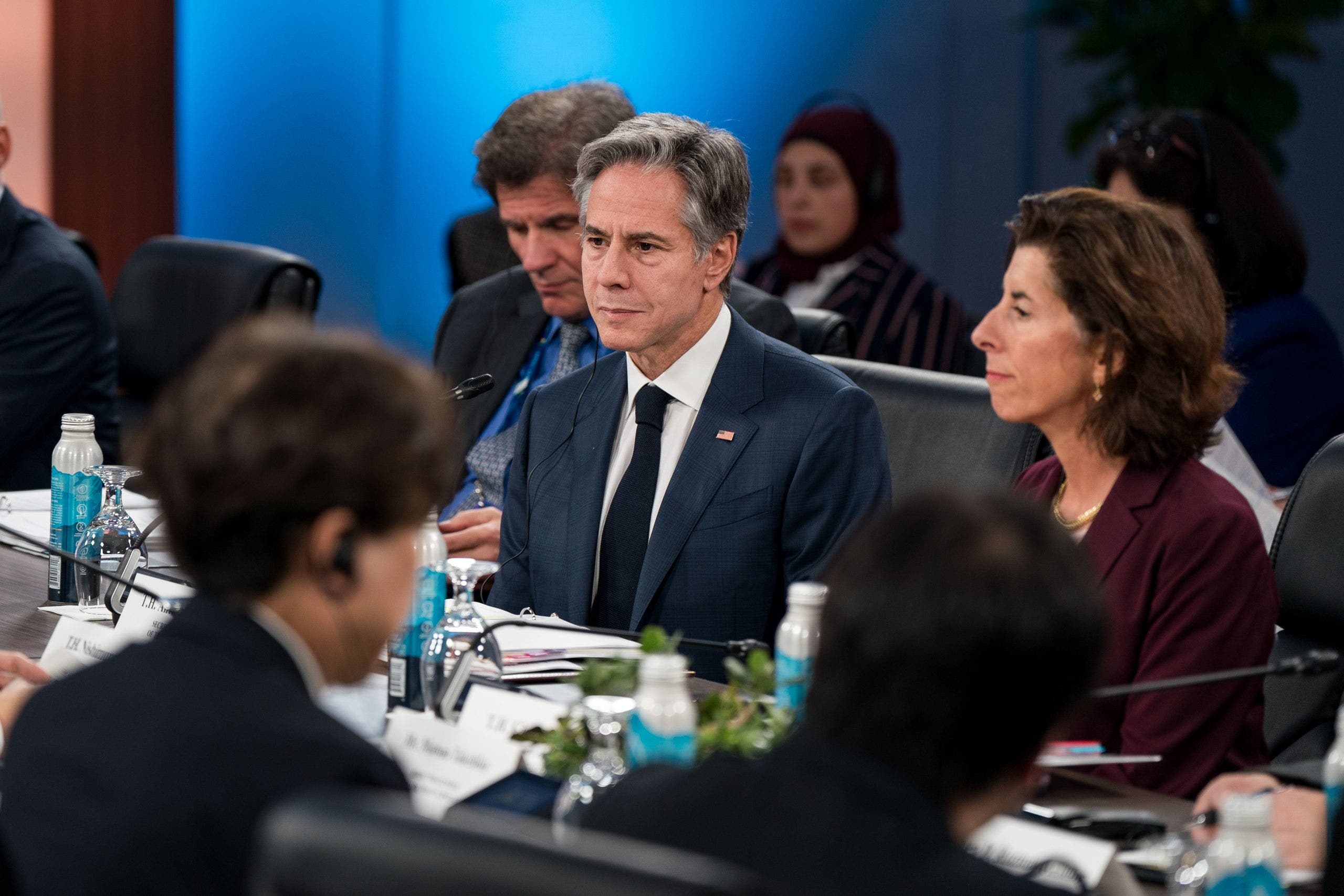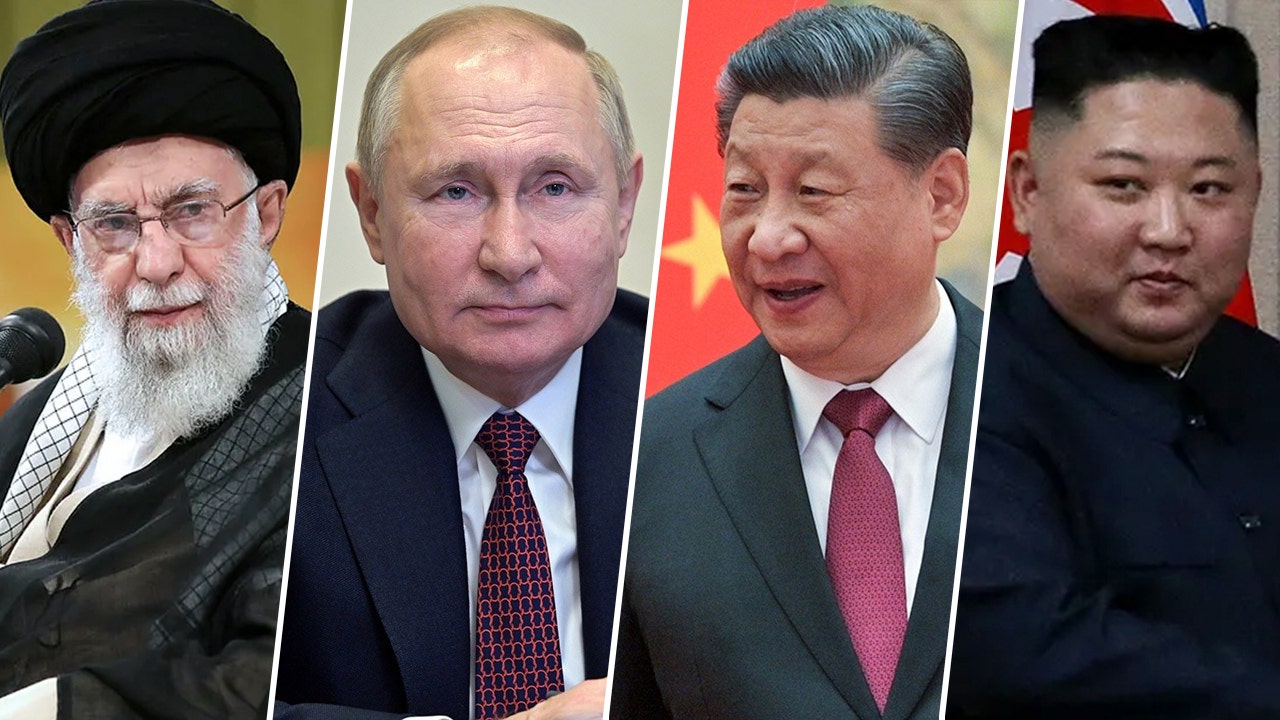The top U.S. health official said on Wednesday it would be “tragic” for the world to miss out on key reforms to the global pandemic response and that a treaty deal was within reach, with no major differences between negotiators.
Health officials are meeting in Geneva this week to try to wrap up more than two years of negotiations on a pandemic treaty and a series of updates to existing International Health Rules (IHR). However, countries have failed to finalize the treaty at this assembly and countries are considering an extension.
“I believe we are going to get this done because it would be tragic, especially given how far we’ve come, to not get it done,” U.S. Health and Human Services Secretary Xavier Becerra told reporters on the sidelines of the World Health Assembly.
US, EUROPEAN NATIONS SEEK INCREASED VACCINE PRODUCTION TO PROTECT WORKERS EXPOSED TO BIRD FLU
“Something is going to broadside us. We just have to be ready and we know what it takes to be ready,” he said, referring to future disease outbreaks.
U.S. Health and Human Services Secretary Xavier Becerra speaks during a visit to a pharmacy in Washington, on January 12, 2023. Becerra said there were no major differences between negotiators working on reforms to the global pandemic response. (Reuters/Kevin Lamarque/File Photo)
While around 80% of the content of the pandemic agreement is agreed, controversial topics include financing and a system for sharing drugs and vaccines, with African countries pushing hard for measures to counter what they see as COVID-era hoarding.
However, Becerra played down the differences.
“I don’t think there’s today substantive disagreement about the essential elements – it’s more how they are packaged, how they are defined,” he said.
Asked whether the United States had done enough to ensure the future system would be fair, he said: “There’s no one that’s put more on the table than the United States to get a deal. Does that meet the definition of equity? I’m not sure but I know we’re giving.”
A U.S. delegate previously said that the IHR regulation reforms should be finalized this week and that Washington supports a one- to two-year extension of the treaty talks.




